Incorporating the United Nations Sustainable Development Goals (UN SDGs) and aligning with other international organizations’ frameworks can significantly enhance a business’s climate plan. These global goals and standards provide a comprehensive roadmap for addressing the most pressing environmental, social, and economic challenges. Here’s how they relate to creating and implementing a business climate plan:
United Nations Sustainable Development Goals (UN SDGs)
The UN SDGs are a set of 17 interconnected goals designed to be a “blueprint to achieve a better and more sustainable future for all” by 2030. Several of these goals directly relate to climate action and environmental sustainability, including:
- Goal 7 (Affordable and Clean Energy): Encourages businesses to increase the share of renewable energy in their operations and to improve energy efficiency.
- Goal 12 (Responsible Consumption and Production): Focuses on adopting sustainable practices and integrating information on sustainability into reporting cycles.
- Goal 13 (Climate Action): Urges companies to take urgent action to combat climate change and its impacts by integrating climate measures into policies and planning.
- Goal 15 (Life on Land): Encourages the protection, restoration, and promotion of sustainable use of terrestrial ecosystems, managing forests sustainably, combating desertification, and halting and reversing land degradation and biodiversity loss.
Integrating these SDGs into a business climate plan not only supports global efforts to combat climate change but also can enhance a company’s reputation, open up new markets, and improve sustainability.
Other International Organizations
- Intergovernmental Panel on Climate Change (IPCC): Provides scientific reports on climate change that can inform businesses on the latest science, risks, and mitigation strategies.
- World Business Council for Sustainable Development (WBCSD): Offers guidance and case studies on sustainable development practices for businesses. Aligning with WBCSD initiatives can help companies advance their sustainability goals.
- CDP (formerly the Carbon Disclosure Project): Works with companies to disclose their environmental impact. Participating in CDP’s disclosure program can demonstrate transparency and commitment to environmental stewardship.
- Global Reporting Initiative (GRI): Provides standards for sustainability reporting. Following GRI standards helps businesses communicate their impact on climate change, economy, and society in a standardized way.
- Task Force on Climate-related Financial Disclosures (TCFD): Offers recommendations for disclosing climate-related financial risks and opportunities. Aligning with TCFD recommendations helps companies provide transparency to investors and stakeholders regarding their climate resilience.
- Science Based Targets initiative (SBTi): Guides companies in setting emissions reduction targets in line with climate science. Committing to science-based targets can ensure a business’s reduction efforts are meaningful and contribute to the global effort to limit warming.
Incorporating UN SDGs and International Frameworks into a Climate Plan
To effectively incorporate UN SDGs and align with international organizations’ frameworks, businesses should:
- Identify Relevant Goals and Initiatives: Determine which SDGs and international standards are most relevant to the business’s operations and impact.
- Set Clear Objectives and Targets: Align business sustainability targets with those goals, ensuring they are measurable and time-bound.
- Integrate into Business Strategy: Embed these goals and standards into the business’s core strategy, ensuring that climate and sustainability efforts are not siloed but integrated across all operations.
- Report Progress Transparently: Use established reporting frameworks to communicate progress towards these goals, enhancing credibility and stakeholder trust.
Incorporating these elements into a business climate plan not only helps in mitigating environmental impact but also positions a company as a leader in sustainability, potentially unlocking new business opportunities and building resilience against climate risks.
The requirement for a business to have a climate plan can come from various sources, including governmental regulations, industry standards, investor demands, and customer expectations. Here’s an overview of the organizations and entities that may require a business to have a climate plan and the legal issues that need to be considered:
Organizations Requiring a Climate Plan
- Governmental Regulations: Many countries and regions have introduced laws and regulations aimed at reducing greenhouse gas emissions and promoting sustainability. Businesses operating in these areas may be legally required to develop and implement a climate plan. For example, the European Union’s Green Deal and the United States’ Clean Air Act can mandate certain businesses to report and reduce emissions.
- Industry Associations: Some industry associations set sustainability standards for their members to ensure responsible practices within the sector. For example, the Science Based Targets initiative (SBTi) encourages companies to set scientifically based emissions reduction targets.
- Investors and Financial Institutions: Increasingly, investors and banks consider a company’s environmental, social, and governance (ESG) performance when making investment decisions. Companies may be required to have a climate plan to secure funding or to be included in sustainable investment portfolios.
- Certification Bodies: Organizations seeking sustainability certifications (e.g., ISO 14001 for environmental management systems) need to demonstrate effective climate and environmental planning and management.
- Customers and Supply Chains: Large corporations and government entities often require their suppliers to have climate plans to ensure the sustainability of their supply chain. Consumer demand for sustainable products also pressures companies to adopt and communicate climate strategies.
Legal Issues to Be Aware Of
- Compliance with Local and International Laws: Companies must ensure their climate plans are in compliance with the local laws of each country they operate in, as well as international agreements and protocols relevant to climate change and environmental protection.
- Disclosure and Reporting Requirements: Various jurisdictions require companies to disclose their climate risks and mitigation strategies, often with specific reporting standards. Failure to accurately report emissions and sustainability efforts can lead to legal and financial penalties.
- Liability for Climate Change Impacts: Businesses could face lawsuits for their role in contributing to climate change or for failing to mitigate risks associated with climate change impacts on their operations and supply chains.
- Greenwashing: Making false or misleading claims about a company’s environmental practices or the sustainability of its products can lead to legal action and reputational damage. It’s crucial for businesses to ensure that any claims made in their climate plans are accurate and substantiated.
- Contracts and Agreements: Climate plans can involve entering into new contracts, such as purchasing renewable energy or engaging in carbon offsetting projects. Businesses need to ensure these contracts are legally sound and protect the company’s interests.
- Data Privacy and Protection: Collecting and reporting environmental data, especially when involving third parties or operating in multiple jurisdictions, must comply with data protection laws.
Developing and implementing a climate plan involves navigating a complex landscape of legal, regulatory, and voluntary frameworks. It’s advisable for businesses to work closely with legal experts specializing in environmental law and corporate governance to ensure their climate strategies are compliant, effective, and aligned with best practices.
Contact the Blockchain Legal Institute’s Consulting Group to help support the creation of your organization’s Climate Plan by emailing [email protected].
If your company has a Climate Plan and you are integrating emerging technologies into your business and would like to be featured within the Blockchain Legal Institute’s Talk Show, email [email protected].
